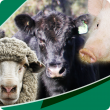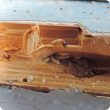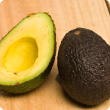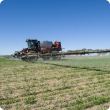Filter by regions:
- (-) Remove Kimberley filter Kimberley
- (-) Remove Perth regions filter Perth regions
- (-) Remove Pilbara filter Pilbara
- Gascoyne (347) Apply Gascoyne filter
- Great Southern (344) Apply Great Southern filter
- Mid West (344) Apply Mid West filter
- Peel (343) Apply Peel filter
- South West (343) Apply South West filter
- Wheatbelt (340) Apply Wheatbelt filter
- Goldfields-Esperance (337) Apply Goldfields-Esperance filter





